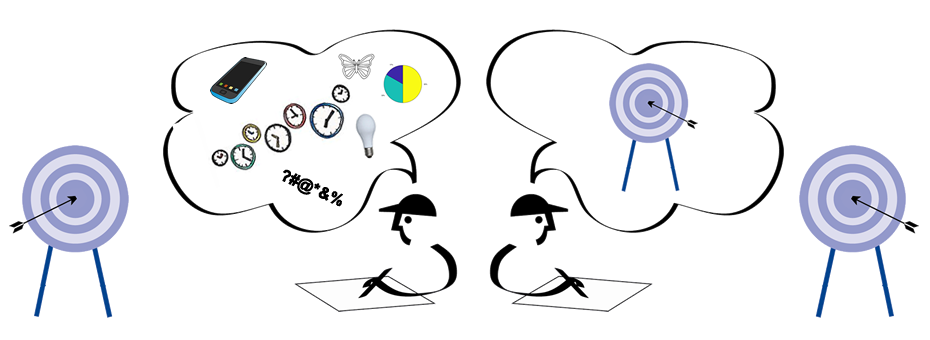Mindfulness, as many lean thinkers have noticed, goes hand in hand with lean thinking. And in this new podcast episode, author and Lead with Respect workshop teacher Mike Orzen sits down with LEI Chairman John Shook to further explore this key dynamic. A few highlights of their conversation include (with the time indicated):
*3:05 How it often takes a long time for people doing lean to see the link between its practice and the notion of leading with respect. “Lean is not all about the tools of value stream management. That’s a big part of it, continuous improvement is crucial….but without a specific plan on how I connect with people and develop trust and sincerity it just won’t go anywhere.”
*9:00 Ideas such as respect and mindfulness link lean practice across disparate value streams, especially most people believe that their lean work is unique. “It’s always interesting to see how much commonality there is among different industries. That’s often one of the biggest takeaways there is to find out that someone dealing with the issues working in the army has some of the same problems as someone working the hospital.”
This comment led Shook to suggest seeing lean thinking “not as a set of solutions but a means of deriving solutions.”
*11:35 Lean practice helps calm what those who meditate often call “monkey mind.” “The mind is a tool but the biggest barrier to seeing and understanding what is in front of us. We can intellectually paint such a vivid picture that what we are seeing is not what is there….Without a set of tools we are pretty much at the mercy of our minds.”
*14:15 Mindfulness is more essential today than ever, and a foundation for organizational lean excellence. “We like to talk about organizational excellence…but an organization is simply a collection of people. It could be 800 people; it could be 8 people. And if I want to build organizational excellence we need to build individual excellence and if I want to build individual excellence I need individuals that are conscious, that are aware, that are focused in the moment. And in our world, particularly now more than ever…..with the pace of change and the global terror we have 24/7 most people don’t have a way to settle their minds.”
*17:35 “The more lean thinking you do, the more mindfulness you’ll experience, and the more mindfulness you create, the more presence you’ll create…and the more lean thinking you’ll do.”








I agree that if you want individual excellence you need individuals who are conscientious and aware of the work they are doing. Many routine jobs can lead to people falling into a pattern for doing work. To have someone who is engaged and is actively looking at what they can do. This will highly affect the workplace and its environment.
I agree that if you want individual excellence you need individuals who are conscientious and aware of the work they are doing. Many routine jobs can lead to people falling into a pattern for doing work. To have someone who is engaged and is actively looking at what they can do. This will highly affect the workplace and its environment.